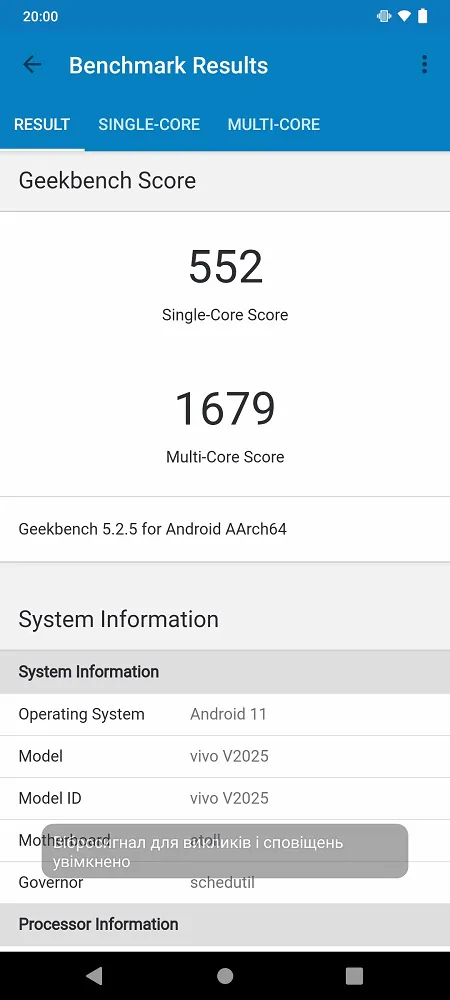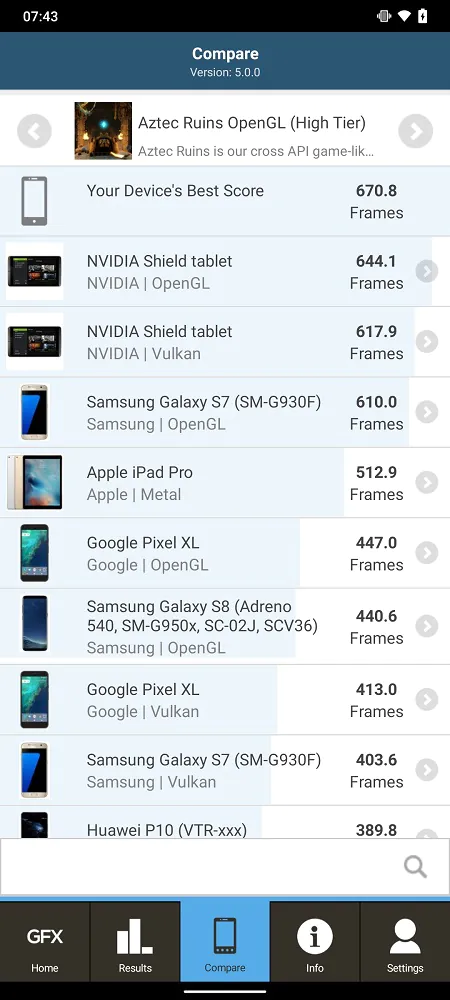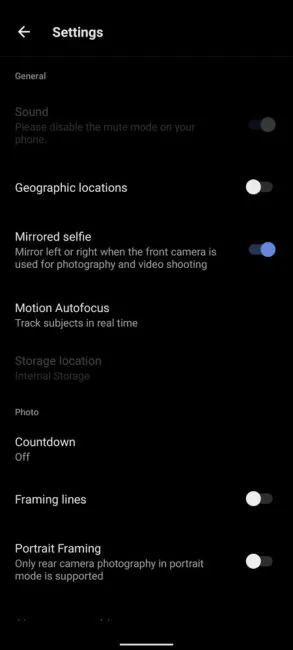© ROOT-NATION.com - Use of content is permitted with a backlink.
The new vivo V20 smartphone combines premium design with many features. Today I will tell you about this interesting mobile device.
My acquaintance with Vivo began with the vivo X50 Pro smartphone. It left me with mixed feelings. It is powerful, and with a Gimbal-camera, but somewhat contradictory design, as well as the price point were off-putting. To anyone interested, you can read my review in more detail. So, it was very interesting to test the new vivo V20 smartphone, which, together with the “younger” V20 SE version, were recently revealed.

It is worth saying that the V series from vivo is synonymous with good design and high-quality photos from the main and front-facing cameras. Interestingly, the entire V series is camera-oriented. Largely thanks to its mid-range V-series phones, with an elite design and attractive features, the company managed to take its rightful place in the mid-range segment.

The global coronavirus pandemic and the economic troubles it causes around the world have changed the habits and consumer capabilities of many people and made them look more closely at low- and middle-range smartphones. According to market research company International Data Corporation (IDC), in the second quarter of 2020, the mid-range segment – from $400 to $600 – increased its share of the smartphone market by almost four points – to 11.6 percent. The main suppliers of devices in this segment are primarily Samsung and Huawei, as well as other Chinese companies such as Xiaomi, Oppo and vivo. So, vivo V20 is positioned by the company as a smartphone in the middle price segment. Let’s take a closer look at it.
vivo V20 specifications
Here are the full technical specifications of the new product from vivo.
What’s interesting about the vivo V20?
If you carefully examined the table, you saw that this smartphone runs on the new version of Android 11 with a specially designed proprietary Funtouch OS 11 shell. Yes, this is one of the first mobile devices that has the latest version of the popular OS already installed. In addition, the main focus is on the design of the smartphone, or rather on its interesting back plate using gradient solutions.
The new product from vivo runs on a fairly powerful Qualcomm Snapdragon 720G processor, which is complemented by an Adreno 618 graphics coprocessor, 8 GB of RAM and 128 GB of storage. In addition to the triple main camera with a 64MP main lens, you will definitely enjoy the 44MP selfie camera. Completing the picture is a 6.44-inch AMOLED FHD+ screen that promises vibrant, lifelike colors, albeit with a 60Hz refresh rate.
What’s in the box?
At first glance, we see a sufficient set, which has everything. In a bright branded box, in addition to a smartphone, you will find a power adapter with a rather long charging cable (take that, iPhone 12 buyers), as well as wired headphones, paper manuals and warranty cards.

There’s also a sufficiently high-quality silicone protective case, which will protect the smartphone and wont hide its beauty very much. Interestingly, the case also protects the USB connector, so in order to charge the device, you will need to open a special cover.
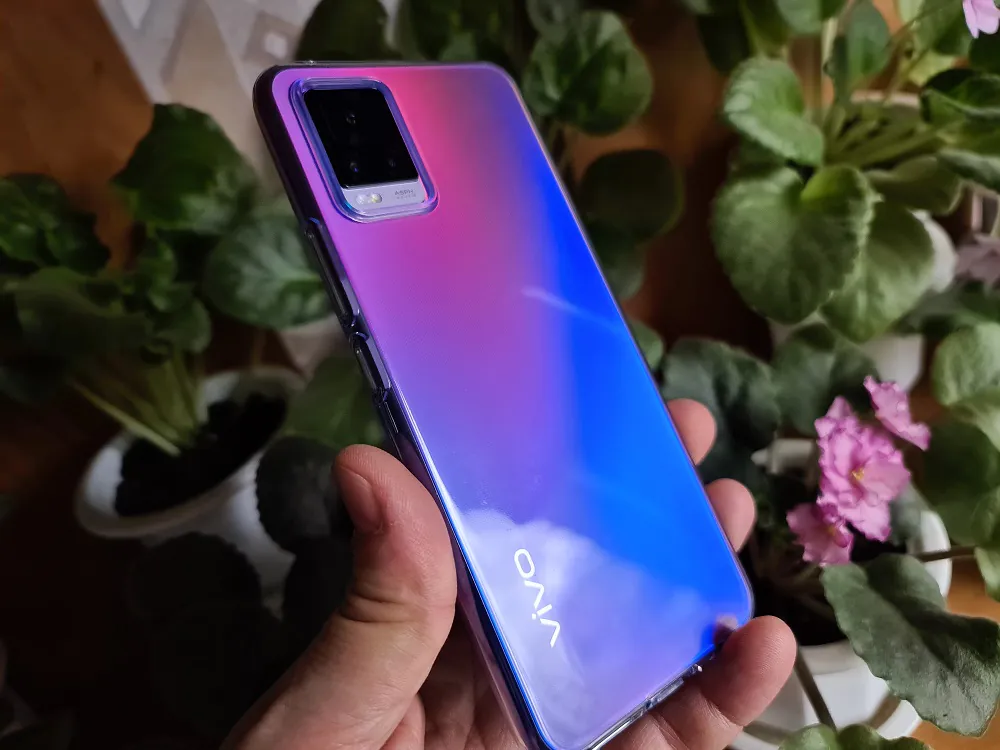
It may not be convenient, but it is practical, because it protects the port from dust and dirt that can get there.
Attractive design
Over the past few years, we’ve seen smartphone manufacturers dramatically improve the quality and design of their devices. Vivo’s V-series phones have also been praised for their attractive, distinctive designs, and the vivo V20 is keeping up with that trend. This smartphone can easily be called one of the most beautiful on the market.

I have two models for review, but I liked the Sunsen Melody one the most. It looks incredible.
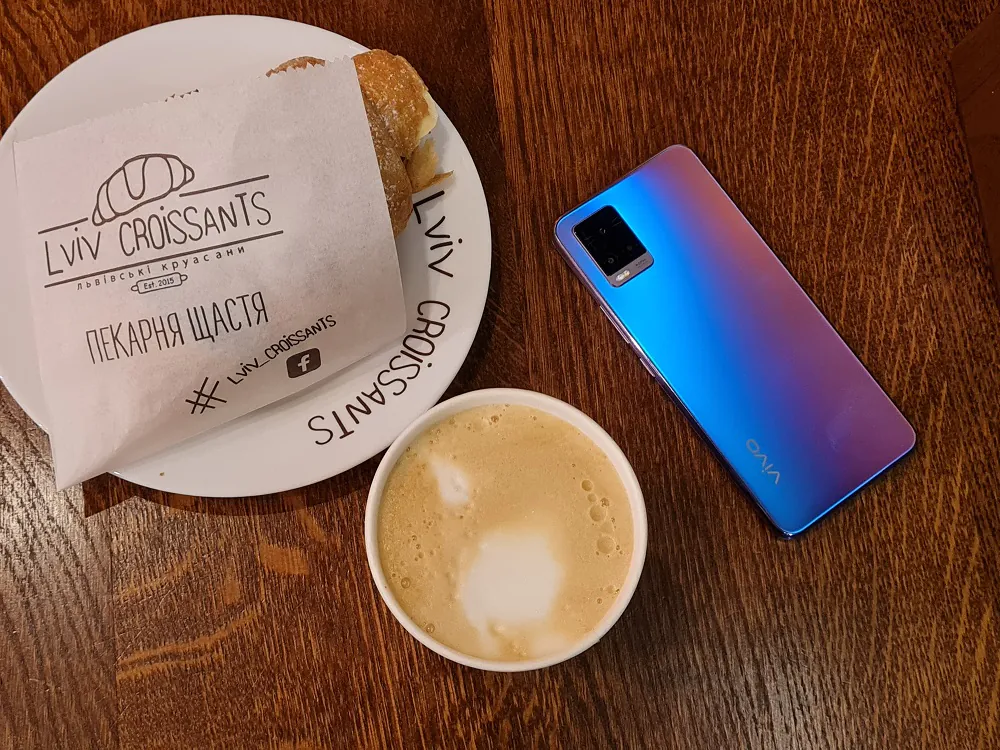
This color option combines shades of orange, blue, and light purple, depending on what angles you look at. My photos do not always convey this, but believe me, this color combination will not leave anyone indifferent. This glass back is called AG Matte Glass. It gives the smartphone a smooth and delicate matte texture. This is similar to what we saw with the expensive vivo X50 Pro.

In addition, the vivo V20 has a sleek frame with curved edges, like many of its competitors, however, it is thanks to this finish the Chinese company has managed to distinguish its device from competitors.

The edges of the device are the same color as the back, made of glossy polycarbonate. Why a plastic frame? Vivo say they say that they settled on such a solution in order to reduce the weight of the device.
The smartphone is one of the lightest in its price segment and at 7.38mm thick, it feels surprisingly thin. The V20 is covered in a curved 2.5D glass, and at 171g, it sits comfortably in your hand. It is truly one of the thinnest and lightest smartphones on the mobile market.

The location of control buttons, connection ports and other interfaces is familiar. On the right, you’ll find the power and volume buttons. Interestingly, the power button is textured, so you can always tell when your finger is on it. Moreover, the buttons are very well placed so I could reach them without any problem.

On the top there’s only a noise canceling microphone is placed, which is barely noticeable.

On the left side is a SIM tray that can accept two SIM cards along with a micro SD card. This will allow you to expand the built-in storage if desired.

Finally, there is a 3.5mm headphone jack, a USB Type-C port for connecting a charger, PC connectivity, and a speaker grill at the bottom.
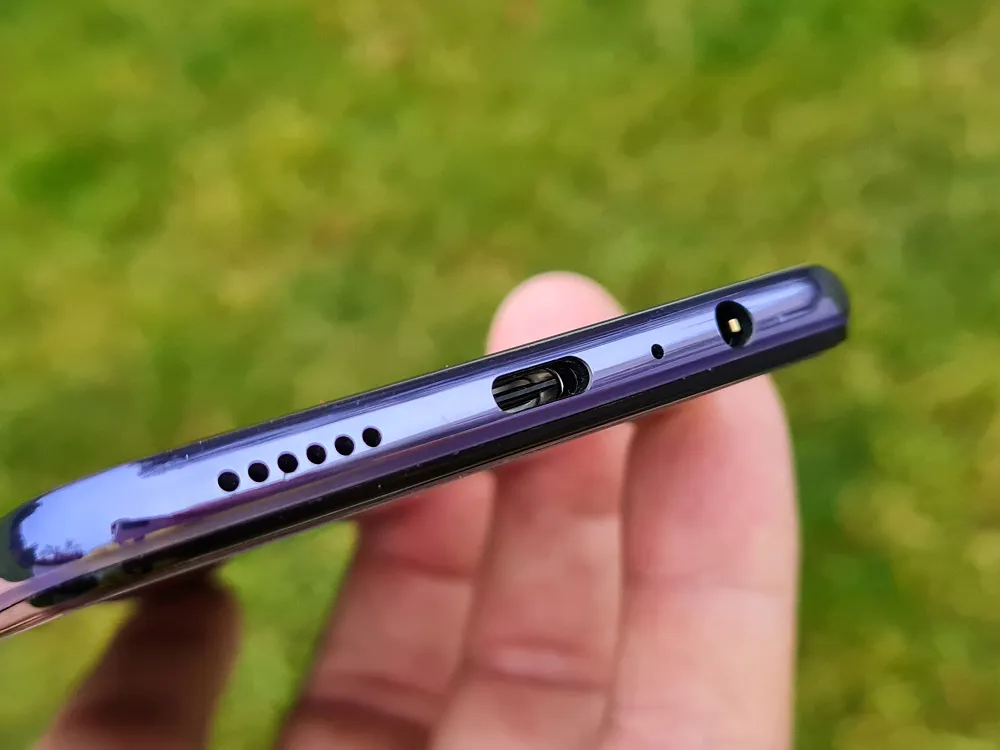
More than a sufficient set of ports and connection interfaces, many will appreciate the presence of a mini-jack and the ability to expand the storage with a micro SD card without sacrificing a second SIM card. Unfortunately, I have no idea whether the smartphone has any protection standard, at least IP53 certification.
Now back to that wonderful gradient back plate. Here we find a triple camera module and a flash. The location is similar to what we saw in the vivo X50 Pro, but here the module is more accurate and does not spoil the design impression at all. Around the flash is a silver accent, which adds a premium feeling to the phone. The very island of the camera does not protrude too much from the body, so the smartphone feels steady on a flat surface, and the protective case completely hides this protrusion.

In addition, the back panel does not collect fingerprints, almost … They can actually be seen from a certain angle, but they are easily erased.
The front of the phone houses a crisp and bright 6.44-inch AMOLED display, with FHD+ resolution, with an aspect ratio of 20:9. Like any other AMOLED panel, this one also features deep blacks and vibrant colors.

A 44-megapixel front camera was placed at the top, almost in the center, in the drop-shaped notch, and above it there was a place for the earpiece speaker. Using a notch in 2020 may look odd when compared to the competition, but when you think of the iPhone 12 with its huge notch, you just forget about such a small thing.

While most smartphone makers have switched to perforated displays, it seems rather odd that vivo ditched this in favor of a waterfall screen. In addition, the vivo V20 has a 60Hz refresh rate, so the AMOLED display largely compensated for the lack of a panel with a higher refresh rate, but more on that later.
To protect the all-glass surface of the smartphone, the Chinese company uses durable protective glass on both the front and back. To do this, the back of the phone uses a layer of Gorilla Glass 5, and in front, a layer of SCHOTT Xensation UP glass to protect the screen.
The smartphone is very convenient to use. It is lightweight, thin and almost non-slippery despite the glass back. Its matte surface helps with the grip. In addition, as I said, there is a protective case. The dimensions of the smartphone allow it to be used with one hand, but when I wanted to get to the top edge, I often had to grab it with the other hand.
The materials used by vivo are high quality and durable. Even the polycarbonate frame is very durable, so it is almost impossible to deform the smartphone. Can you smash the screen? Even bulletproof glass can be broken if you set your mind to it.
Great AMOLED display
The Vivo V20 has by far one of the nicest displays in this price segment so far. This is because the smartphone uses a 6.44-inch AMOLED FHD+ panel (2400 x 1080 pixels), which offers vibrant and lifelike colors. The dimensions of the display are just enough to maintain good readability, which is a big advantage of the vivo V20. However, the company could still work to reduce the bezels and the rather large chin, because, frankly, they break the harmony of the phone’s overall aesthetic. The decision to give preference to the teardrop notch of the front camera also looks strange, because of which the vivo V20 manages to achieve a rather meager 83.7% screen-to-surface ratio.

But there are no issues with the quality of the display itself. The viewing angles are good and there are no color distortions or other issues that would get in the way of viewing content.
The display uses a rather unusual 20:9 aspect ratio, so it is elongated, and also provides good experience when reading text or watching videos or images thanks to its high pixel density (408 ppi). The panel’s contrast ratio is also impressive as the display can operate at 2,000,000:1. The panel supports HDR 10 for high-quality video playback and has a high peak brightness of 600 nits for comfortable use even in direct sunlight.

Perhaps someone will be surprised at the rather “low” refresh rate of 60 Hz by modern standards, but believe me, the AMOLED display compensates for this inconvenience. Reading, writing messages, watching videos, viewing content on the Internet and even playing on such a screen is great.

Yes, it may sometimes lack smoothness, but all this is compensated by the AMOLED technology. The colors are bright, clear, it is a pleasure to read from such a screen. I even forgot that the refresh rate is 60 Hz. We also haven’t forgotten about the dark mode and Always On Display, as well as all the other advantages of AMOLED displays. You can change the color mode of the screen and even adjust the color temperature according to your preference.
The color gamut in standard mode is based on the DCI-P3 standard with a slight offset. The average grayscale range is 2.29, the curves are fairly stable. The color temperature ranges from 7000 to 8000. The average DeltaE deviation for the extended Color Checker palette (shades of gray + a wide range of color shades) is 4.23 which is more than acceptable. The colors are a little cool, but not abnormal.
In professional mode, as it should be, the color space is narrowed to the sRGB standard, and the picture becomes much warmer. At the same time, the color temperature approaches the ideal, being in the range from 6500 to 7000. The gamma is approximately the same (2.25). And the average deviation of DeltaE for the extended Color Checker palette is 2.25. The screen in terms of the quality of settings in this mode is close to the professional panel – photographers will like it very much. In general, the smartphone display is great.
Biometric security
Recently, smartphone manufacturers have been focusing more on the biometric security of their devices. In-screen fingerprint scanners have become commonplace. They exist even in the middle range.
The new product from vivo was no exception. A fingerprint scanner is there in the screen.

By the way, it’s optical, so it works almost flawlessly. Maybe not as fast as in the flagship models, but the scanner worked almost every time. The sensor is fast enough and I was pleasantly surprised several times – the fingerprint scanner worked even when my finger was a little wet.
You can also choose to unlock your device by face as a biometric security option. Yes, someone will say that it is sometimes not safe enough, but unlocking is almost instant, even in the dark.
vivo V20 performance
While the vivo V20 is striking in design, it leaves a lot to be desired when it comes to the hardware under the hood. Looking at the specs, you can see that vivo had to make some tricky decisions in the hardware department. The device received only an eight-core Qualcomm Snapdragon 720G SoC, which is not among the most powerful chipsets. The chipset is complemented by an Adreno 618 GPU. Of course, the Snapdragon 720G is not a leader in its class, but it is similar to the Snapdragon 730G in terms of performance and still handles all daily tasks and even heavy games just fine. Perhaps it would be worthwhile to use vivo V20 and Qualcomm Snapdragon 765G for better competition, but believe me, you will not notice a significant difference, because this chipset is more of a marketing ploy.
Note that the vivo V20 also has 8GB of RAM and 128GB of storage, although I had 256GB in my test device. Quite a good set considering that the memory can be expanded with a Micro SD card. This equipment is enough for daily tasks and you can even run several apps at the same time.
Synthetic tests also showed nothing new. The chipset works at its level. It’s still the same Qualcomm Snapdragon 720G.
However, the limitations of the chipset really start to show up when you’re trying to use your device for serious gaming.
The smartphone is capable of handling games such as Call of Duty: Mobile, PUBG Mobile, Asphalt 9: Legends and others with medium graphics settings and nothing more. But here too, vivo pleasantly surprised me with software solutions such as Ultra Game Mode. Enabling this game mode makes the gaming performance more stable. The fact is that this mode allows you to make certain changes in how the device will use its RAM and processing resources. This solution helped me to use the full potential of the phone hardware when playing games.
Of course, the gameplay requires more power. Surprisingly, even after playing Call of Duty: Mobile for half an hour, the vivo V20 got warmer, but this temperature rise was negligible. Plus, its performance hasn’t changed much either. Everything is stable. This means that you can comfortably play mobile games, shoot videos, chat on social networks, and your smartphone will not become an open-hearth furnace in the process.
Android 11 combined with Funtouch OS 11
Yes, this is one of the first smartphones with Android 11 out of the box. Let me remind you that a new version of the popular mobile system was presented quite recently, so it was very interesting to try what Google came up with there.
In addition to Android 11, vivo V20 has an updated version of its own Funtouch OS 11 shell, which features new icons, improved dark mode, new live wallpapers, improved Jovi virtual assistant, and has several customization options. A cleaner interface means there is less bloatware than before. You will not see unnecessary apps here, such as WPS Office and others. However, some pre-installed programs come from Google itself. So on the vivo V20, you will already find apps such as Google Lens, Google Assistant and Google Files, which take away part of the device’s memory. The good thing is that you can easily remove them if necessary. Funtouch OS 10.5, which I saw earlier in the vivo X50 Pro review, has removed most of the their own app icons and brought in the beloved Android navigation system gestures.
Funtouch OS 11 has some interesting things. So, more apps by default are from Google. I liked vivo’s own skin, now it looks like an almost “pure” Android. The company managed to significantly visually improve the shell design, and improve the smartphone settings. Besides, the system interface is fast enough, clear and pleasant to use. During testing, which is almost three weeks, as many as two system updates arrived, which positively affected the work of the vivo V20. The company in every possible way wants to correct the situation with its own shell, about which so many negative things have been written earlier. Perhaps it is not yet as perfect as the competitors’, but now we can safely say that it is Funtouch OS 11 with Android 11 that is the main advantage of this device over its competitors.
In addition, vivo has officially confirmed that it is working on a new Origin OS, which should be a complete overhaul of Funtouch. I can only hope that vivo’s future Android shell will stick to the current version of Funtouch OS and not try to do something extravagant.
Vivo V20 cameras
To be honest, I was pleasantly surprised by the vivo V20 cameras. I expected something amazing and unusual from vivo X50 Pro, but in fact everything was ordinary, familiar. On the contrary, I thought that the vivo V20 camera would be mediocre at best and they definately weren’t.

But I must admit that the vivo V20 cameras are some of the best in this price point. The Chinese company managed to work with the camera software and, compared to the vivo X50 Pro, have significantly improved it.
This is especially true for the performance of the smartphone’s main camera, which is supported by the powerful 64MP Samsung GW1 sensor. It captures many details and provides fast focus and shutter speed for accurate shots. Photos captured with the device generally came out with realistic colors and good detail. This particular lens also proved to be a winner when filming subjects in low light scenes. Thanks to the camera’s night mode, this main lens captured very good footage, even in low light.
SEE ORIGINAL PHOTOS AND VIDEOS
There was little noise in the photos and detail was excellent. Turning on night mode improved the level of detail, but the resulting images were not necessarily bright. Taking pictures in night mode takes 4-5 seconds, so you need to keep your phone steady. The wide-angle camera produces dark night shots with lower levels of detail.
The smartphone is also equipped with two other lenses, which do not provide the same quality in low light as the main lens, but they still manage to please with pictures provided there is sufficient light.
SEE ORIGINAL PHOTOS AND VIDEOS
An 8-megapixel multifunctional camera here can take extremely wide-angle shots, shoot with bokeh effect and in macro mode. There’s also a 2MP monochrome lens, which also adds detail to pictures captured with the other two lenses.

Another big highlight of the vivo V20 is its 44MP selfie camera, which is definitely one of the best in this price segment. Samsung’s 44-megapixel GH1 sensor comes with autofocus, which I found to be really fast and accurate.

An interesting solution is Eye-Auto, which is an advanced algorithm that tracks and focuses attention on the subject’s eyes, even when moving. The selfie taken in daylight was very clear and almost flawless. Indoors, you can also take pictures with the front-facing camera.

Edge recognition was accurate, and skin tones and colors looked natural and vibrant. There was no excessive skin smoothing by default, but of course there are beauty filters that will allow you to edit your skin tone. But at night there were problems, albeit minor ones. But… who photographs themselves in total darkness?
In terms of video, the vivo V20 can record 4K/30fps from both the front and rear cameras, as well as the wide-angle camera. It is equipped with a gyroscopic EIS on both lenses. The Super Anti-Shake mode on the rear camera reaches 1080 /50 fps while reducing the field of view to the extreme, while the Steadiface mode of the selfie camera can be set to 4K/30 fps.
The video looks stabilized with the above mentioned resolution. Using the 2MP monochrome lens, you can shoot photos and videos where the subject remains in color while the background turns to black and white. I personally don’t find these features of the Vivo V20 all that appealing, to be honest. It is also possible to make a kind of bokeh video, and the dual video mode allows you to record pics from both a selfie camera and/or from the main wide-angle lens.
Decent battery life and proprietary Flash Charge technology
The hero of my review won’t break any records on terms of battery life. A 4000mAh battery is installed here, which is significantly less than the one Samsung Galaxy M51 has (7000 mAh). But the smartphone endured the entire working day. In the evening, 20-25% of the charge was still available. This is very good considering my crazy lifestyle. Of course, the gameplay accelerated the process, but not enough to disappoint.

In addition, the smartphone offers one of the fastest charging solutions in this segment. This is because it comes with support for proprietary Flash Charge technology, which allows you to charge your device at 33W. This is a pretty decent charger that allows you to recharge your battery up to 65% in just 30 minutes. And the whole charging process took me just under an hour. This is a great result.
| Battery charge rate | Charge time |
|---|---|
| 10% █ ░ ░ ░ ░ ░ ░ ░ ░ ░ | 7 min |
| 20% █ █ ░ ░ ░ ░ ░ ░ ░ ░ | 11 min |
| 30% █ █ █ ░ ░ ░ ░ ░ ░ ░ | 15 min |
| 40% █ █ █ █ ░ ░ ░ ░ ░ ░ | 19 min |
| 50% █ █ █ █ █ ░ ░ ░ ░ ░ | 27 min |
| 60% █ █ █ █ █ █ ░ ░ ░ ░ | 37 min |
| 70% █ █ █ █ █ █ █ ░ ░ ░ | 42 min |
| 80% █ █ █ █ █ █ █ █ ░ ░ | 49 min |
| 90% █ █ █ █ █ █ █ █ █ ░ | 54 min |
| 100% █ █ █ █ █ █ █ █ █ █ | 58 min |
At this price point, you shouldn’t expect wireless and inductive charging yet. Although, given the price and positioning, it might be worth the wait.
Why would I buy it myself?
For the first time I wanted to buy myself this smartphone. The device really surprised me. But why should you pay attention to the new product from vivo?
If design and build quality are what you want, then you can hardly go wrong with the vivo V20. As I mentioned above, this is one of the most stylish and beautiful mobile devices in this segment. The smartphone looks cool, and expensive, and the build quality is top notch.
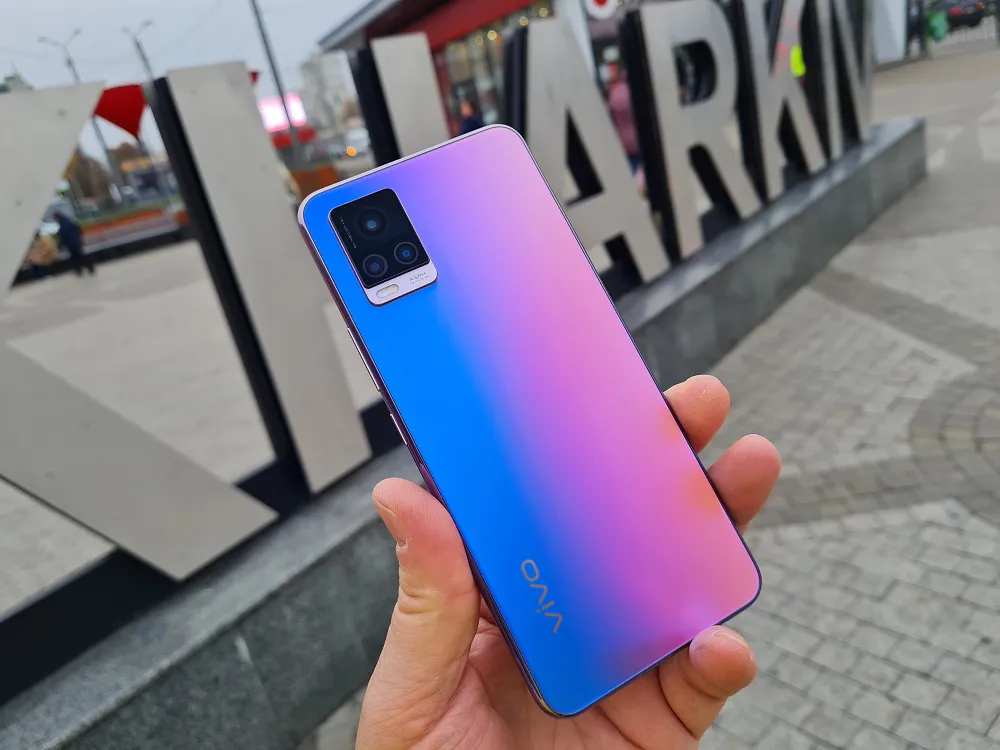
The device also offers high quality photos and videos thanks to its 64-megapixel main camera and 44-megapixel front-facing camera. The night mode is especially great.
However, if serious gaming is what you’re looking for in your next smartphone, then there are better options in this price segment. Thanks to the Snapdragon 720G chipset, the vivo V20 is not the most powerful phone. Even though it has decent battery, it still isn’t enough for gaming.
Also, this is one of the first smartphones on the new Android 11 with the proprietary shell Funtouch OS 11, which is undoubtedly the main advantage over competitors.
If you are looking for a modern, lightweight smartphone with a cool design, sufficient performance, the new version of Android 11 and excellent cameras that can take high-quality photos even at night, then the vivo V20 is an excellent choice.
Pros
- premium design and materials;
- high-quality AMOLED display;
- photo and video above average in its class in good lighting;
- enough power to play mobile games;
- updated proprietary shell Funtouch OS 11 based on the new Android 11;
- decent battery life, thanks to a 4000 mAh battery;
- support for Flash Charge technology (charger 33 W);
- acceptable price.
Cons
- lack of wireless and inductive charging;
- Snapdragon 720G is not as powerful as we would like;
- no high refresh rate (90/120Hz)
- teardrop notch;
- lack of water and dust protection.

Subscribe to our accounts:

























